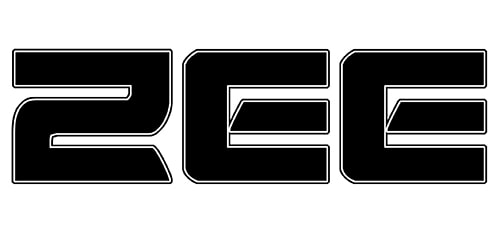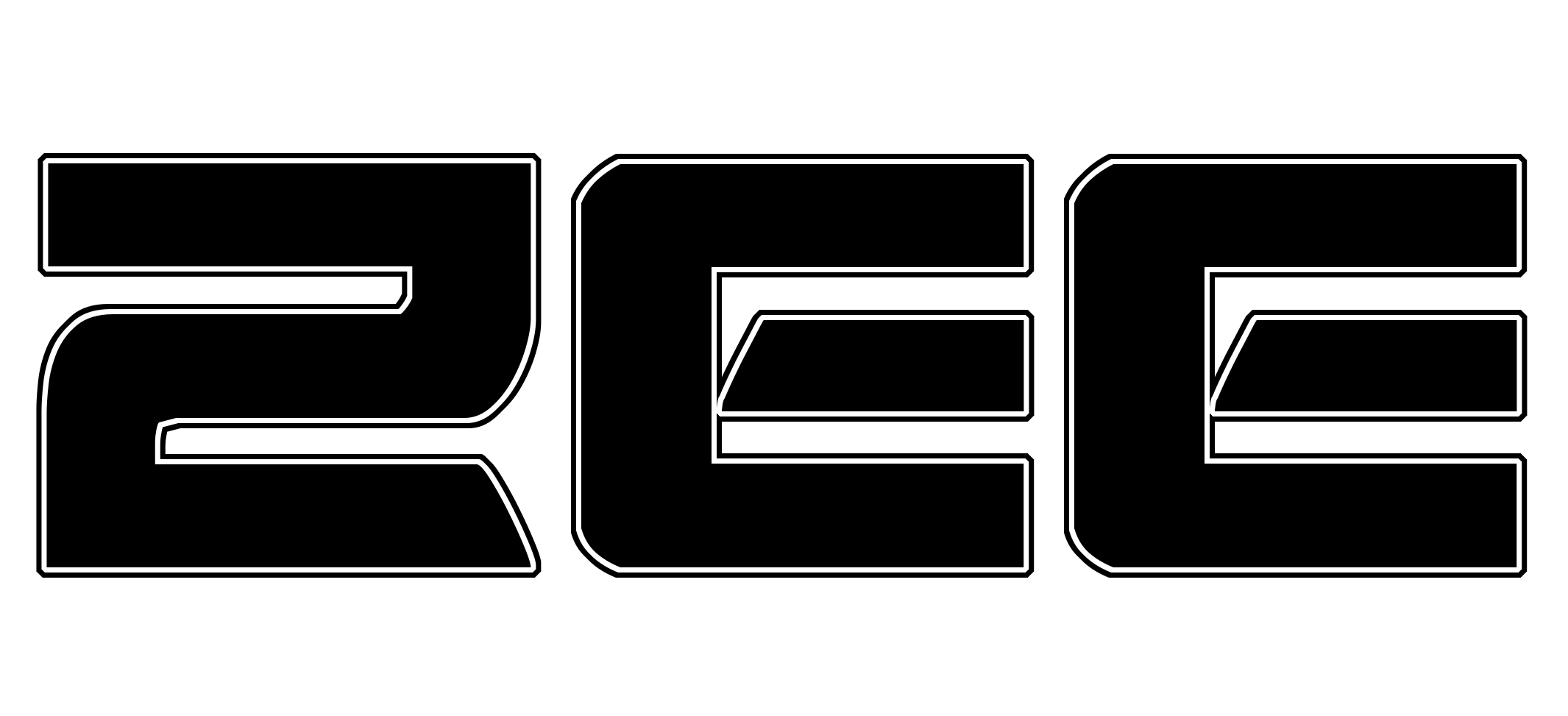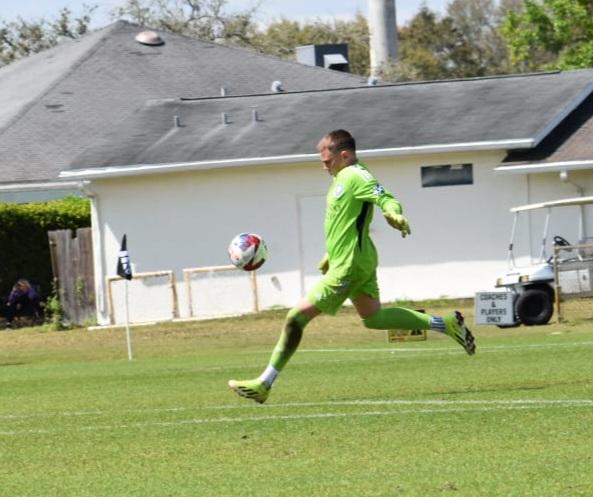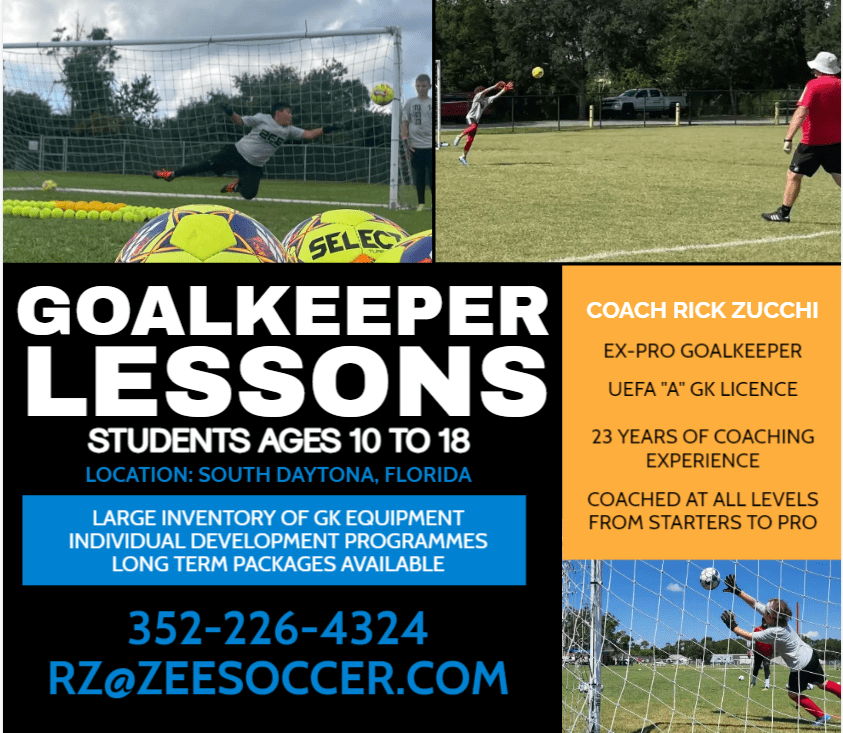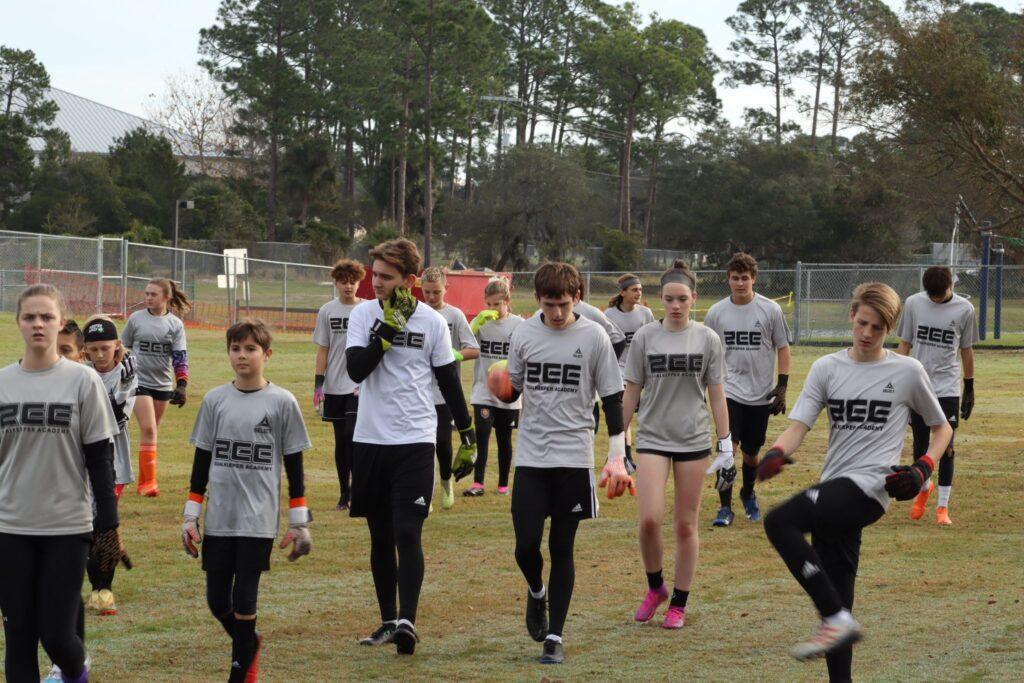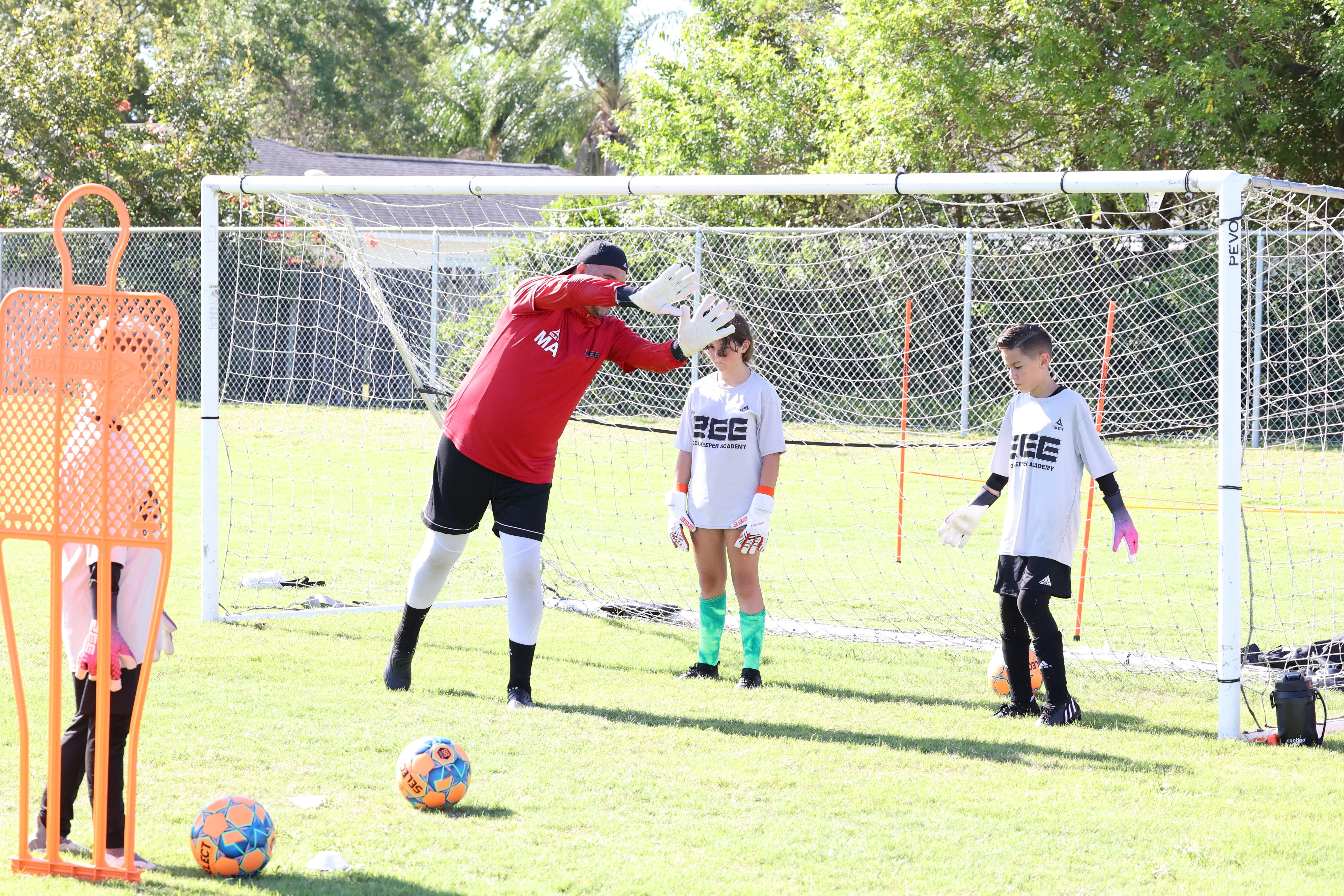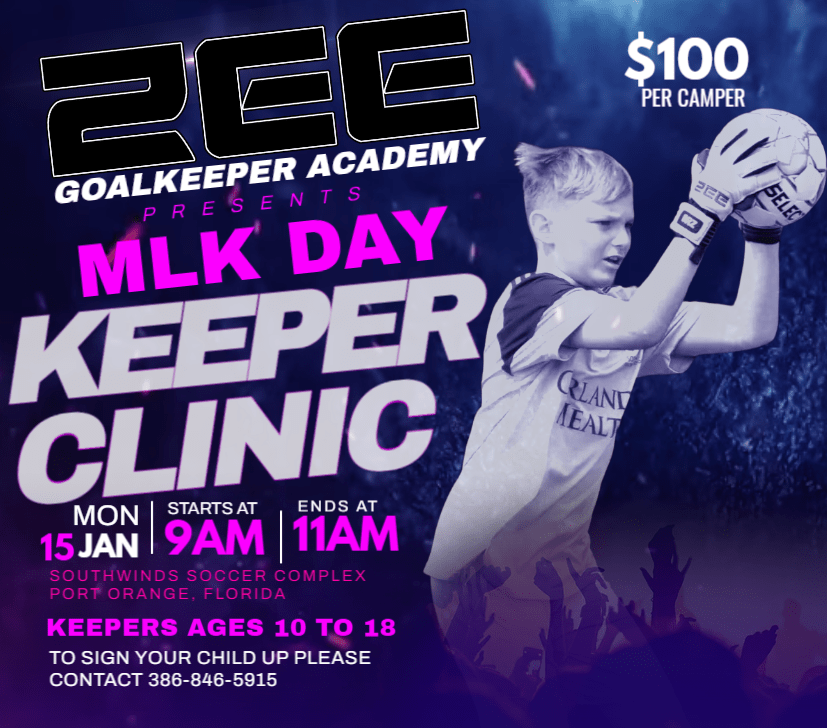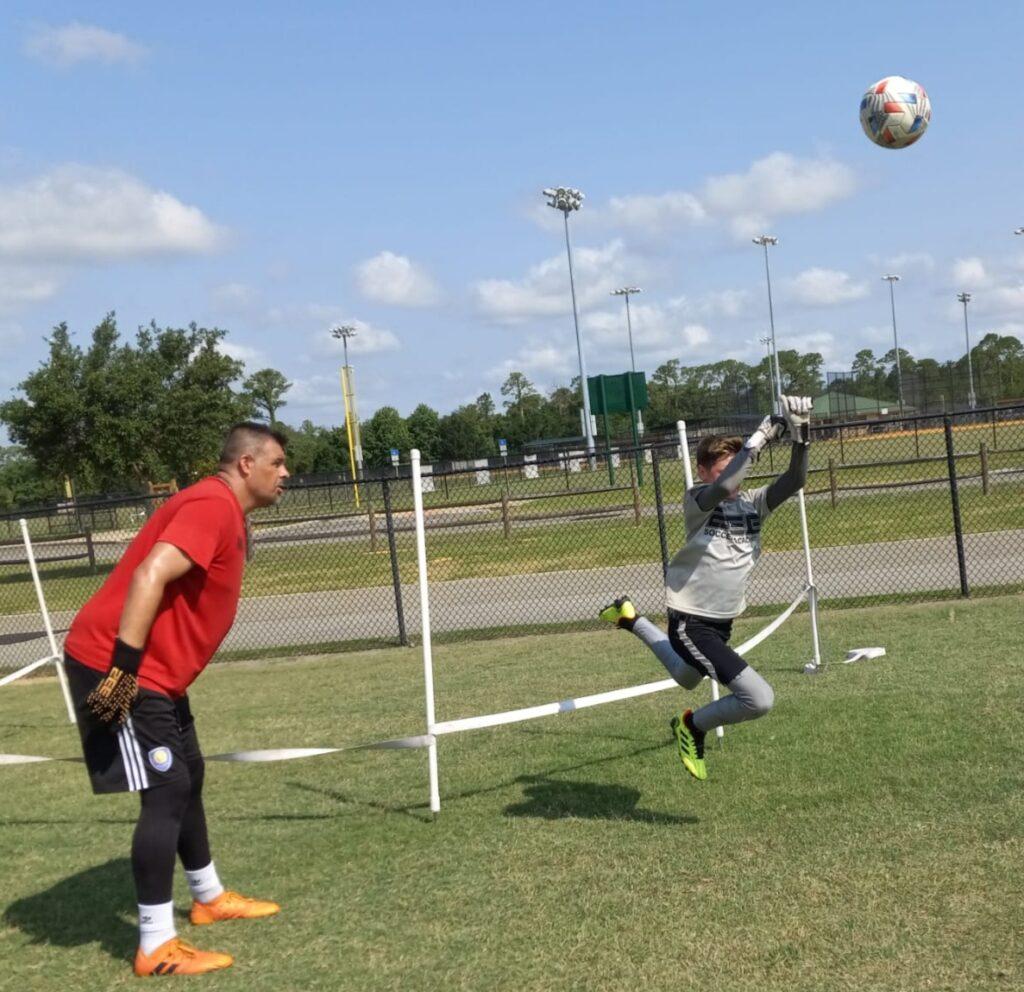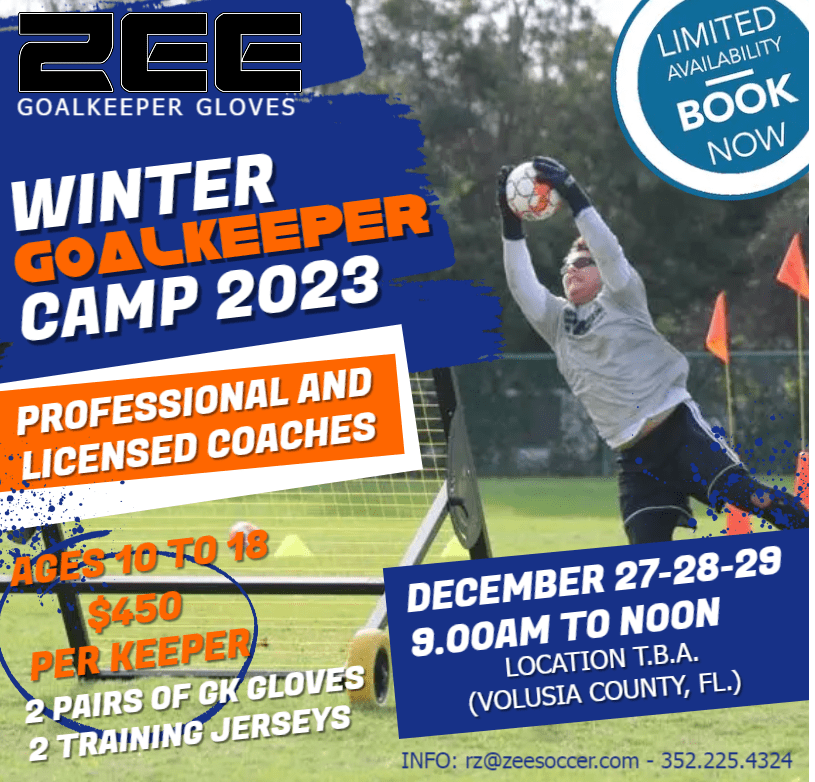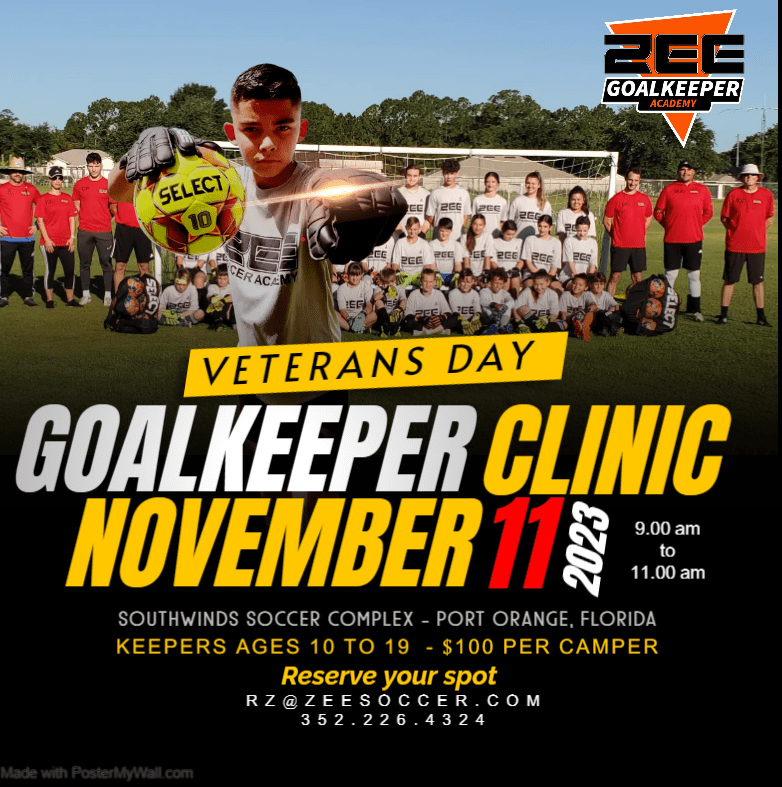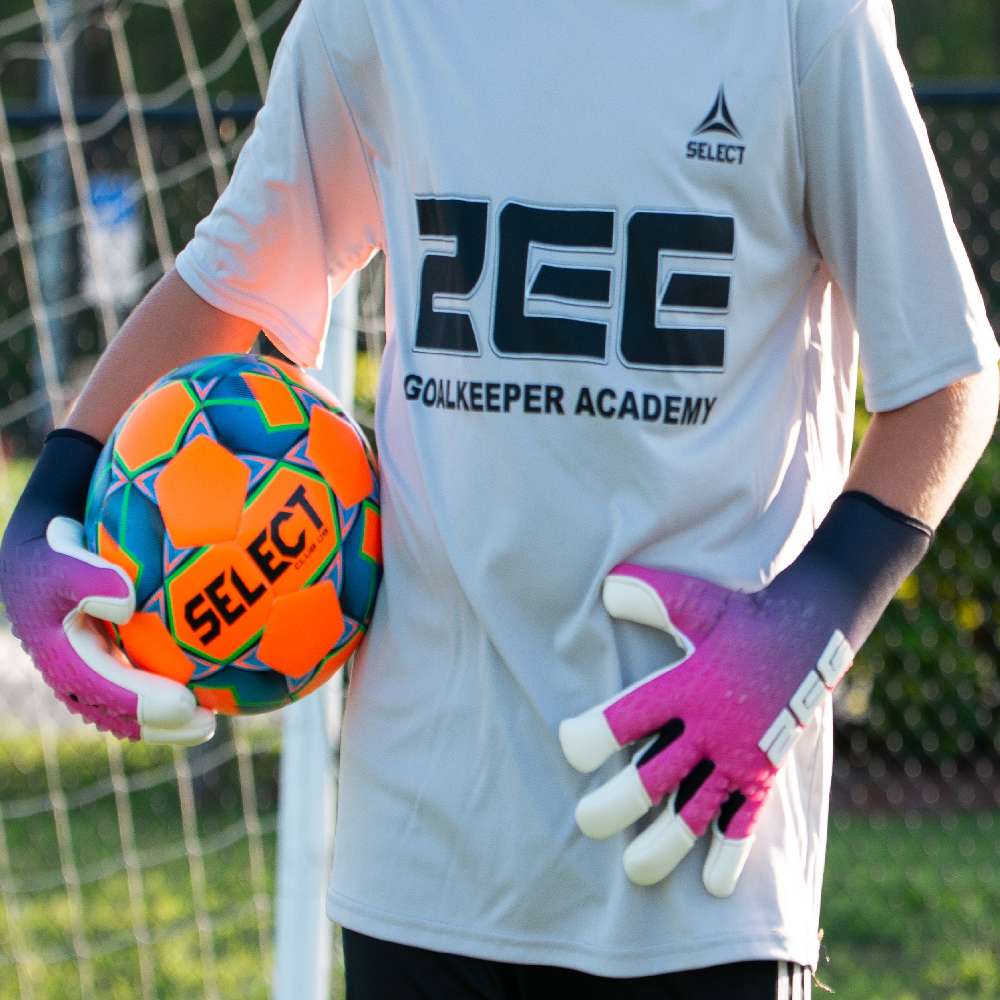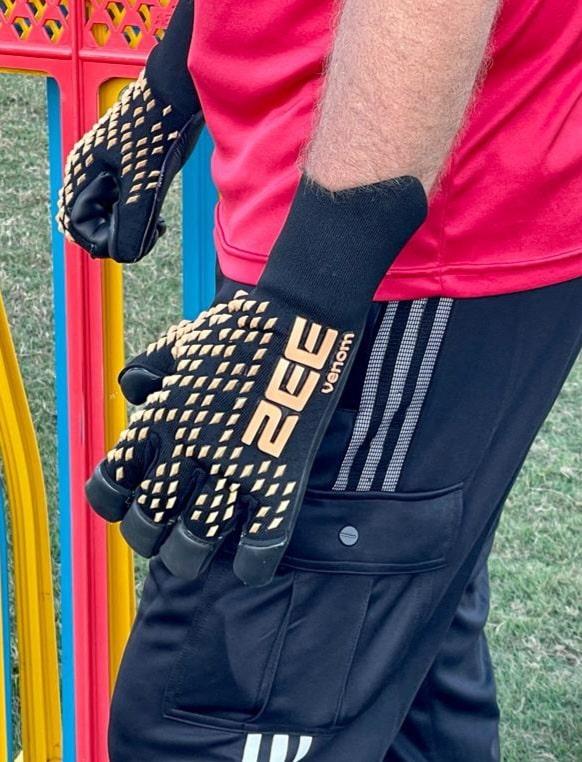| Most youth soccer teams will have their keepers train one time a week to the side. Some clubs choose to add an extra training session each week. So when the majority of field players are spending at least 4 to 8 hours a week of instructional learning with the ball at their feet. Goalkeepers are lucky if they get one session a week of specific training time. Yes, it is unacceptable! Goalkeepers that compete in leagues such as the ECNL or the MLS Next certainly need a lot more goalkeeper training than they usually get on average. Many field coaches think that team sessions and balls flying towards goalkeepers that make saves, is actually goalkeeper training. I have bad news for you… IT’S NOT! These drills are designed to help develop the team session attacking the goal. There is very little or even no feedback at all given to the goalkeepers to help them identify mistakes. |
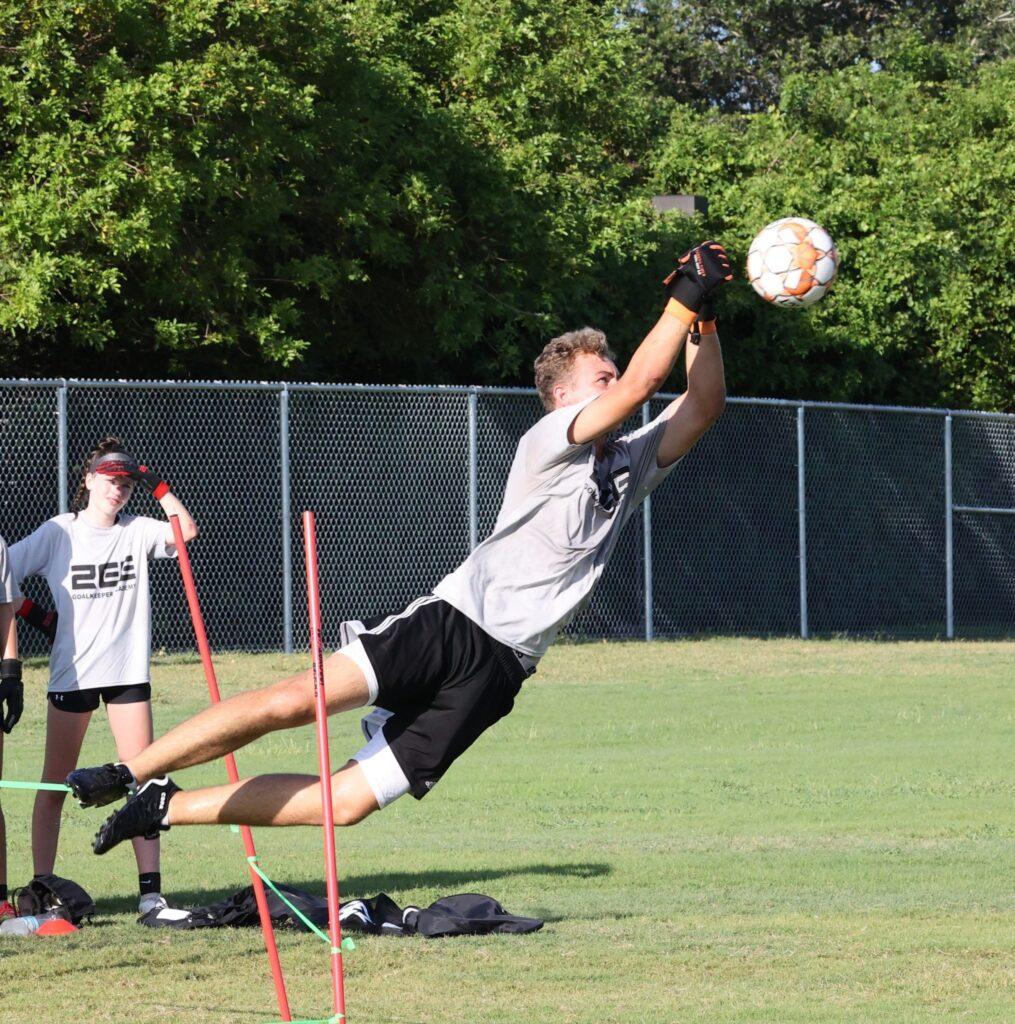
The goalkeeper position is totally unique and it requires a very specific set of skills – skills that can be improved, only through specific training. Yet, given the emphasis placed on field-player development and the lack of coaching resources at most youth soccer clubs is a common, often overlooked obstacle many youth club goalkeepers have to face is finding consistent high-level goalkeeper training.
The goalkeeper position is evolving very fast and keepers need to be ready to play with their feet many times during the game. , Being able to provide cover and act as an outlet for your defenders is what separates a decent goalkeeper from an elite one.
Goalkeeper-specific training often involves footwork and distribution drills. If your coach is not implementing it then there’s a problem! In order to fully optimize development, practicing both as a field player and as a goalkeeper is very important.
So in conclusion, your youth soccer club should be offering Goalkeeper Training at least 3 times a week, (sessions should last no less than 45 minutes) and lessons should be broke down into different topics. Appreciating the changing demands faced by goalkeepers is key to understanding what attributes to help them develop, and your goalkeeper coach should know this by the book. What are the most “Team Involving” drills? Well, in the professional game, players in all positions need to be more physical than they were back in the past. Now we have the increasing frequency of pro-teams playing out from the back requires a goalkeeper to be better at receiving and passing the ball. So one of the most important goalkeeper training topics is specific footwork!
Speed, power, and agility become more important for goalkeepers, it appears that a childhood playing a variety of different sports (Volleyball, Basketball, Swimming), and developing a wide range of movement skills, could be one of the keys to help aspiring keepers prepare for the future and the demands of the modern game.
